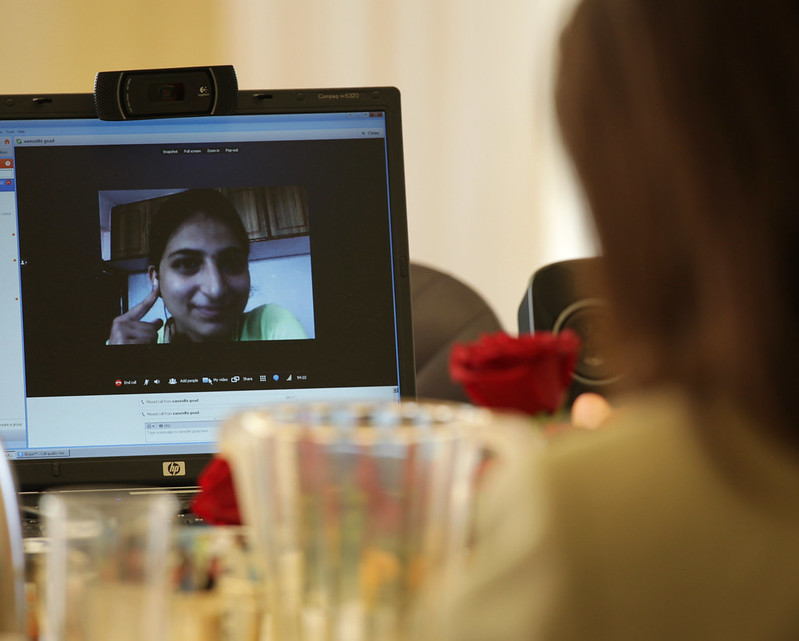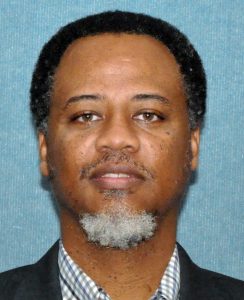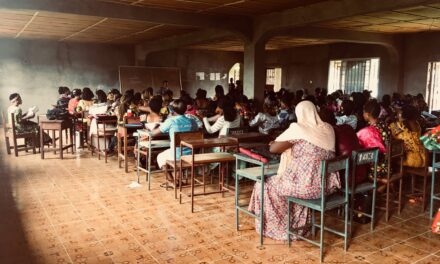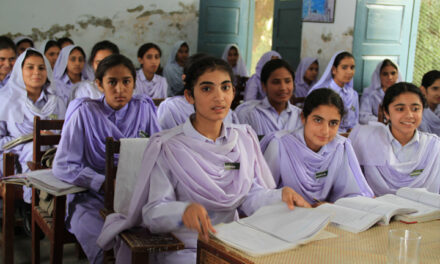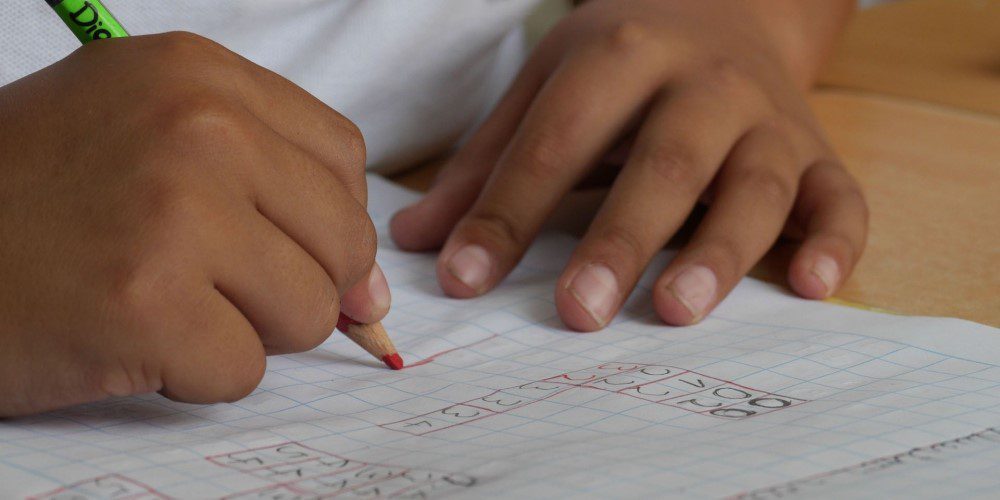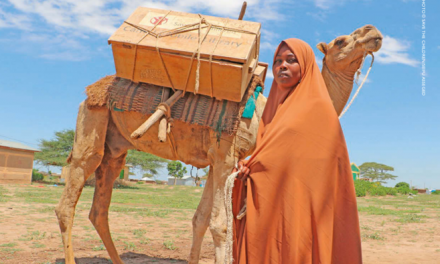With the ‘COVID-19 Interviews’, NISSEM has embarked on a series of interviews with actors from government and civil society, in order to understand better the practicalities and implications of national responses to the COVID-19 pandemic. The focus is on countries in the global south. A full transcript of this interview can be found here.
NISSEM expects to continue this series of interviews for some months to come, as systems emerging from the crisis rethink the content and practice of teaching and learning. UKFIET is co-hosting the first five of these interviews.
|
Marcellus C. Taylor, an educational planner and policy analyst, currently serves as Director of Education in the Commonwealth of the Bahamas. He undertook his teacher training at the College of the Bahamas and, over a ten-year period, worked as a teacher and school administrator in several public schools in the Family Islands and New Providence. Having engaged in graduate level studies in educational administration, planning and policy studies in the United Kingdom, France and the United States, he completed his PhD in educational policy and leadership at the University at Albany-SUNY. Since 1999, he served as Education Officer, Director of Educational Planning, and Deputy Director of Education before assuming his current responsibilities in January 2018. He has presented at several conferences and served on many committees locally, regionally and internationally. Most recently, he was appointed by the Most Honourable Prime Minister to serve on the National Coordinating Committee for COVID-19. |
|
“Here in the Bahamas we have a lot of people who tend to look at why we can’t do something. It’s like there’s no other way around here. But I think a lot of people have really said, we can do it!”
Marcellus C. Taylor, Director of Education in the Bahamas, is no stranger to crises. Only six months before the schools were shut down in March, the country had faced tropical storm Dorian. He recalls, “We spent the entire first term trying to stabilize those environments to get them up and running. We were just getting them working full flight when we got an order from the Prime Minister that we had to close all schools.”
In another, more fortunate coincidence, the Department of Education had begun rolling out a virtual learning platform in August 2019, as a way to bring secondary education to the least populated islands: “It was that platform that we used, to respond to some of the problems that we had because of Dorian.” Marcellus observes that after the COVID-19 lockdown, “In about three days we were able to launch our virtual learning program.” At first it was basic: “No videos or anything like that, just the content and the guidelines as to how students should use it. But then, after we’d done it for one week, we went to live instruction. And even though not all the classes were live, a significant proportion went live.”
All grades were covered: “We teach students from what we call P1, P2 – the preschool years – all the way up to grade 12, which means we have content across all 14 stages … I’m on the website now. We have four live classes. Ordinarily, there would have been five. Live instruction is from nine to one, but then they get other instruction in terms of the resources, the kits, the activities and so forth, which they can do in their own time.”
Access to digital devices is uneven, however. In the remote islands, where online learning had already been introduced, “the devices that we had in schools, we permitted them to use those. Also, since schools had wi-fi, the communities allowed students at different times to go to the school and download whatever they needed. So, social distancing mechanisms were still maintained, but the students had access.” The devices were safe, because of the respect for teachers in these communities. Elsewhere this approach was not feasible. For those without digital access, similar lessons were transmitted on TV.
Marcellus recognises the limitations of virtual learning and its implications for social equity: “Many families are without (even) one device, and if you have three or four children that (too) becomes a problem – whose turn is it to use it? I think those would be the big problems for the students. For parents, I think it’s a fact of them not having the capacity to support their children and their learning. Some say: ‘When I went to school, I didn’t do well, I just cannot help, and you’re asking these questions that I cannot answer.’ That’s frustrating.”
Marcellus notes that some teachers are keen to innovate while others are more “indifferent”. Some try to call their students, with varying degrees of success. “I spoke with one teacher who works in an urban area, in a very poor community, and the school has made a tremendous turnaround. It was a failing school, if you want to use these terms. And now the school is one of the top schools. But even in a school like that, because the children are no longer physically coming, the teacher is telling me that at the beginning when she was calling the parents, they were answering those calls. Now, they avoid all calls because they’re starting to feel very exhausted … You know, the structure is not there.”
Marcellus is inspired by the dedication of his curriculum officers and the more committed teachers: “One of the things for me as a leader in this sector was to see how – and it wasn’t everyone and I wouldn’t even claim the majority – certain people really mobilised and took on this challenge. I wasn’t sure anyone was going to respond to it. Some people have deprived themselves of sleep, they’re working on the weekends, they’re doing all this stuff to turn things out. And they feel empowered. They almost feel a new lease on life. They might have been, ‘Oh, I’m doing the same old thing’ and now this opportunity comes and instead of staring at it like, ‘Oh, I don’t know what to do’, they chose to respond, to embrace it, to see it as an opportunity. That for me was like fuel, it makes you want to do a lot.” Marcellus has been impressed by the “can do” attitude which has taken root during the pandemic. “Here in the Bahamas we have a lot of people who tend to look at why we can’t do something. It’s like there’s no other way around here. But I think a lot of people have really said, we can do it! We will find a way! And they have.”
————————-
This is part of a series of NISSEM COVID-19 Interviews. The series includes:
Responding to COVID-19 in Uganda: Interview with Baale Remegious
Responding to Covid-19 in Kenya: Interview with Lucy Maina and Ngángá Kibandi
Responding to COVID-19 in Lebanon: Interview with Rima Malek

